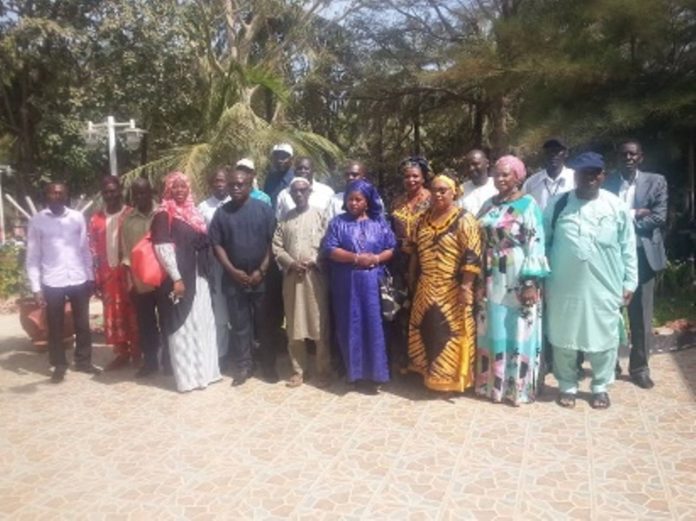By Nelson Manneh
The Food and Agriculture Organization (FAO) of the United Nations, has validated the report on the review and analysis of the contribution of the National Fisheries and Aquaculture Policy on Tuesday April 2nd 2019.
The report includes strategies to food and nutritional security of the population of the Gambia.The two day validation meeting is said to be a logical continuation of the decision taken by the ECOWAS Commission to provide member States with a Regional Fisheries and Aquaculture Policy that will be oriented towards the food and nutritional security of West African populations.
Madam Serry Njie Sanyang on behalf of the FAO representative in the Gambia, said the event constitutes the important moments of the cooperation between FAO and the Government of the Gambia; that they reflect the dynamism and diversity of this cooperation in all sectors as well as the fisheries and aquaculture contribution to food and nutritional security in the country. “The program impacts on the resilience, sustainability and transformation for food and nutrition security and is a partnership program between FAO and the European Union,” she said; that it aims to provide political assistance mechanisms to improve food and nutrition security, with a view to contribute to the achievement of the FAO’s strategic objectives.
Malang Darboe, the Deputy Permanent Secretary at the Ministry of Fisheries and Water Resources, said the Ministry continues to give high priority to the development of Fisheries, because of the role of the sector in economic and social development; that the sector provides employment for the youth, and generates revenue and foreign exchange earnings for the economy. “To achieve our objectives it is important to periodically review the policy and all its strategies and action plans,” he pointed out.
DPS Darboe said the new Fisheries and Aquaculture Policy, is resolutely geared towards the implementation of the recommendations of the African Union Heads of States Conference held in 2014 in Malabo; that his Ministry will continue to support the steps taken by ECOWAS. “With the technical and financial support of FAO and the European Union, a regional Fisheries Policy will not only orient the people towards food and nutritional sufficiency, but will sustainably fight against poverty and facilitate the achievement of our strategic objectives,” he concludes.

















